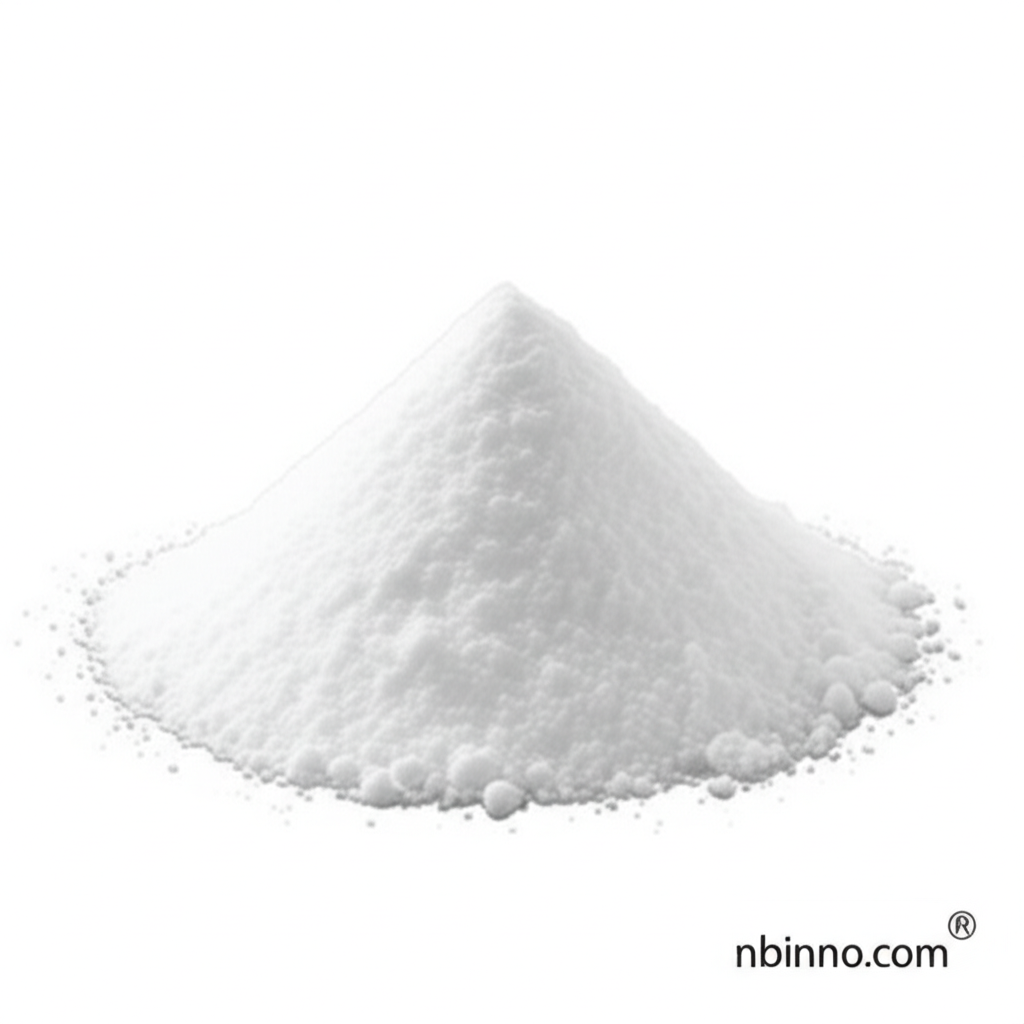Glycine Benzyl Ester Hydrochloride: A Key Intermediate in Peptide Synthesis and Pharmaceutical Research
Unlock advancements in drug development and biochemical innovation with this essential research compound.
Get a Quote & SampleProduct Core Value

Glycine Benzyl Ester Hydrochloride
Glycine Benzyl Ester Hydrochloride is a versatile compound widely utilized in the fields of pharmaceuticals and biochemistry. This hydrochloride salt of glycine benzyl ester serves as an important intermediate in the synthesis of various bioactive molecules, including peptides and amino acid derivatives. Its unique structure allows for enhanced solubility and stability, making it an ideal choice for researchers looking to develop new therapeutic agents.
- Facilitating peptide synthesis, this compound is a crucial reagent in the production of peptides, vital for developing new therapeutic agents.
- Researchers utilize Glycine Benzyl Ester Hydrochloride in studies related to amino acid metabolism and protein synthesis, providing insights into cellular processes and disease mechanisms.
- The compound is incorporated into skincare products for its moisturizing properties, helping to improve skin hydration and overall texture, making it a valuable component in cosmetic formulations.
- Glycine Benzyl Ester Hydrochloride is explored as a flavor enhancer or additive in the food industry, contributing to the development of food products with improved taste profiles.
Key Advantages Offered
Enhanced Synthesis Efficiency
Leverage Glycine Benzyl Ester Hydrochloride to streamline your synthesis processes, boosting overall efficiency in chemical reactions.
Improved Bioavailability
Its properties can improve the bioavailability of active pharmaceutical ingredients, making it a valuable asset in pharmaceutical development.
Versatile Chemical Intermediate
Serve as an important intermediate in the synthesis of various pharmaceuticals, particularly those targeting neurological disorders, enhancing drug efficacy and specificity.
Key Applications
Pharmaceutical Development
This compound serves as an important intermediate in the synthesis of various pharmaceuticals, particularly those targeting neurological disorders, enhancing drug efficacy and specificity.
Peptide Synthesis
It is commonly used in the production of peptides, facilitating the formation of peptide bonds, which is crucial in developing new therapeutic agents.
Biochemical Research
Researchers utilize it in studies related to amino acid metabolism and protein synthesis, providing insights into cellular processes and disease mechanisms.
Cosmetic Formulations
The compound is incorporated into skincare products for its moisturizing properties, helping to improve skin hydration and overall texture.
